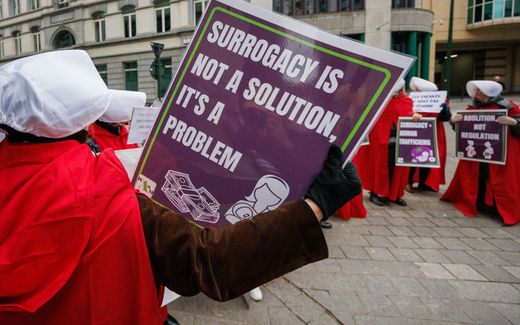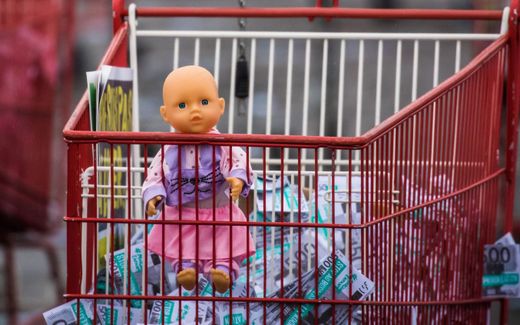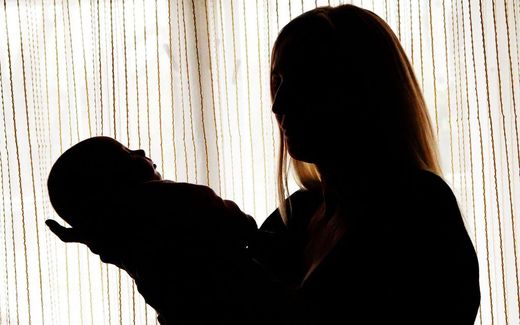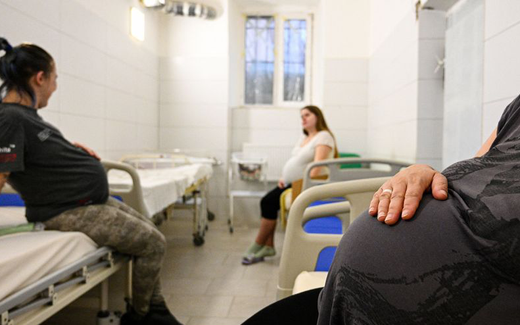Call for ban on surrogacy comes from UN ranks now
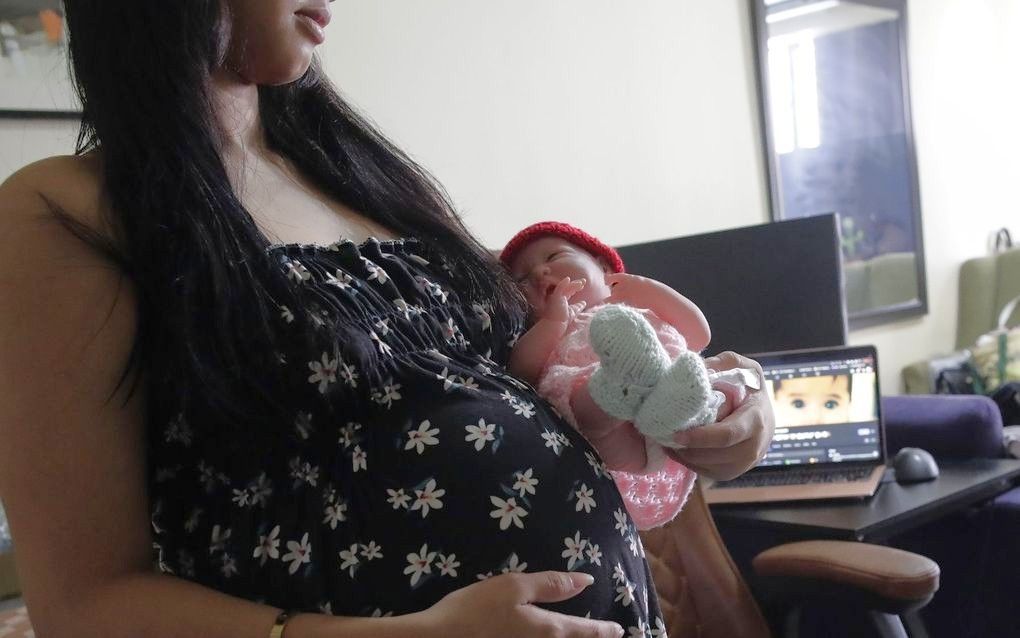
A pregnant woman. Photo EPA, Francis R. Malasig
European Union
Surrogacy is a form of exploitation and violence against women and children. It deserves nothing but abolishment. A new report by the United Nations special rapporteur on violence against women and girls is very clear: surrogacy should be banned.
Reem Alsalem, the special UN rapporteur, conducted an extensive investigation of the topic to form her opinion on surrogacy. She received about 120 submissions from different stakeholders, convened online consultations with 78 experts, including commissioning parents and surrogacy agencies, and used “reputable secondary sources”, the report reads.
Surrogacy is a hot topic in European politics and beyond. Especially Ukraine and Georgia are suppliers of surrogacy children. On the other hand, Italy has forbidden all forms of surrogacy. But still, surrogacy is reckoned to be in the interest of LGBT couples, who have the support of most governments. Whereas often legislation is lacking, now more and more call for more regulations, either to make surrogacy easier or to forbid it altogether.
The surrogacy business is growing worldwide, Alsalem notes in her report. And that concerns her, as she sees that, in particular, women and girls are affected negatively by this. Not only the surrogate mothers who have to bear the pains of a pregnancy and relinquishment of their child, but also the babies born through surrogacy, commissioning mothers and women who provide egg cells experience lots of stress and heavy burdens.
Violence
Besides, the surrogacy business is highly vulnerable to the violation of human rights by exploitation and violence. In her report, Alsalem identifies five different types of violence that are inherent to the surrogacy industry.
Research from India shows that surrogate mothers have higher levels of depression during pregnancy and post-birth.
The first one is economic violence. Many surrogate mothers come from an impoverished background and do not have the capacity to voice dissent. Moreover, they may become very dependent on the payments they earn through surrogacy. Often, they are not compensated when they lose their regular job because of their pregnancy, for example.
The second type is psychological violence. According to Alsalem, they are often pressured into surrogacy arrangements because the process is presented as an exercise of “love” and “solidarity”, often in relation to homosexual couples. And once these women have started the process, they experience even more psychological pressure. Research from India shows that surrogate mothers have higher levels of depression during pregnancy and post-birth, the report reads. In addition, many report difficulties in relinquishing their child to the intended parents once it is born.
It is not uncommon for surrogacy agencies to force women to abort their unborn babies.
The third type of violence is physical violence. Research shows, the report says, that surrogate mothers have a greater health risk during their pregnancy than others. Women have to take drugs that affect their cycle, and the pregnancy itself comes with health hazards as well. In addition, many surrogate mothers are forced to undergo a caesarean section, which is also hard on their bodies.
Fourthly, surrogacy often leads to reproductive violence. It is not uncommon for surrogacy agencies to force women to abort their unborn babies, even when they are healthy. The agencies claim that the baby belongs to the intended parents, and they are the ones to decide what happens with it.
In addition, women and girls have reportedly been exploited as egg donors, the report reads. Sometimes, these operations take place in unregulated underground laboratories where women are viewed as products based on their appearance and health status. Even women with disabilities have been exploited in such labs, Alsalem writes.
Fifthly, surrogacy increases the risk of human trafficking, says the report. According to Alsalem, surrogate mothers end up in a situation where others “own” her. The intended parents of her child can decide which diet she follows, which medical treatment she receives and whether her child must be born or aborted.
In addition, the construction, especially of commercial surrogacy, constitutes the sale of children, Alsalem argues. According to the think tank Heritage Foundation, the only difference between legal surrogacy and the illegal sale of children is the moment at which parental rights are transferred.
Ban
The massive risk of violence that comes with the surrogacy industry causes UN Rapporteur Reem Alsalem to be critical towards it. Therefore, she pleads for a strict ban on the practice. Internationally, she recommends the abolition of the surrogacy industry. During the time this ban is pending, states must do everything to safeguard the rights of women and children in surrogacy arrangements, she stresses.
At a national level, states must implement a legal framework similar to the Nordic model for prostitution. In it, the demand for prostitution and, in this case, surrogacy, must be ended, Alsalem says. Therefore, buyers, clinics and agencies must be penalised, while surrogate mothers must be decriminalised. In addition, she says, it is essential that governments provide these surrogate mothers with exit strategies and other support.
Above all, the interests of the children involved must be prioritised, Alsalem stresses. At all times, these children must be guaranteed of a nationality, healthcare, education and social securities.
Reem Alsalem will present the report on October 10 to the UN General Assembly.
Recommendations
The anti-surrogacy organisation Casablanca Declaration welcomes the new report by Reem Alsalem. Spokesperson Olivia Maurel –who once shared her personal story as a surrogacy child on CNE– calls it an “unprecedented recognition at the highest international level” in a press release. She adds that “surrogacy is not an act of love but a form of violence and exploitation”. The organisation calls on states to follow the report’s recommendations.
Related Articles




